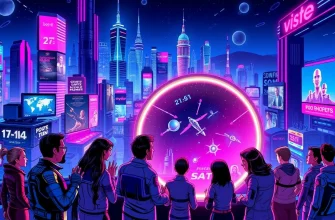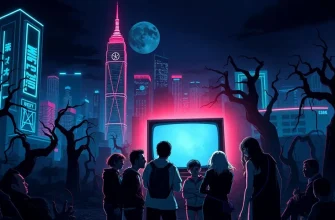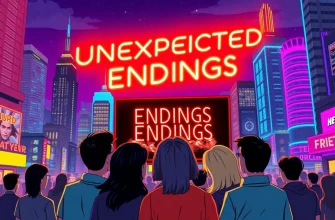This curated list of "Mind-Bending Films" is designed for those who seek to explore the depths of human consciousness through cinema. Each film in this collection offers a unique perspective, challenging viewers to question reality, morality, and the essence of existence. These films not only entertain but also provoke thought, encouraging a deeper understanding of ourselves and the world around us.
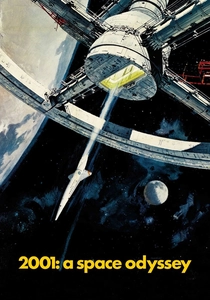
2001: A Space Odyssey (1968)
Description: Stanley Kubrick's visionary film about human evolution, artificial intelligence, and the unknown, it's a film that has inspired countless discussions about its meaning and symbolism.
Fact: The film's famous monolith was inspired by a similar object in Arthur C. Clarke's short story "The Sentinel."
 Watch Now
Watch Now
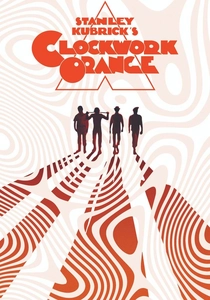
A Clockwork Orange (1971)
Description: Stanley Kubrick's adaptation of Anthony Burgess's novel delves into themes of free will, violence, and the nature of good and evil, using a dystopian setting to challenge societal norms.
Fact: The film was banned in several countries due to its graphic violence, and Kubrick himself withdrew it from UK cinemas after threats against his family.
 Watch Now
Watch Now
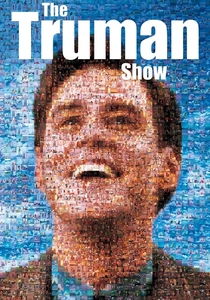
The Truman Show (1998)
Description: This film explores the concept of living in a constructed reality, where one's entire life is a television show, questioning privacy, authenticity, and the nature of reality TV.
Fact: The town where Truman lives, Seahaven, was built as a real set, which was later used for other films and TV shows.
 Watch Now
Watch Now
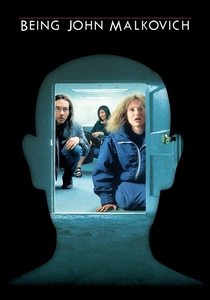
Being John Malkovich (1999)
Description: A surreal comedy-drama where characters can enter the mind of actor John Malkovich, exploring identity, voyeurism, and the human desire for connection.
Fact: John Malkovich was initially hesitant to star in the film, fearing it would be too bizarre, but was convinced by the script's originality.
 Watch Now
Watch Now

The Matrix (1999)
Description: This sci-fi classic introduces the idea of a simulated reality, questioning the nature of existence and the control over one's destiny. It's a film that has become synonymous with the concept of "the red pill" and "the blue pill."
Fact: The Wachowskis developed the concept after reading "Simulacra and Simulation" by Jean Baudrillard, which is even referenced in the film.
 Watch Now
Watch Now

Synecdoche, New York (2008)
Description: Directed by Charlie Kaufman, this film is an intricate exploration of life, art, and the passage of time, where a theatre director creates a life-size replica of New York inside a warehouse.
Fact: The film's title refers to the literary device of synecdoche, where a part represents the whole, mirroring the film's themes of representation and reality.
 Watch Now
Watch Now
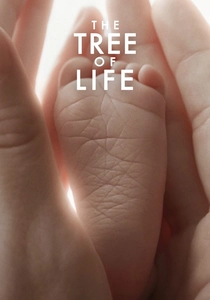
The Tree of Life (2011)
Description: Terrence Malick's meditative exploration of life, death, and the universe, this film intertwines personal family drama with cosmic visuals, prompting viewers to reflect on their place in the grand scheme of existence.
Fact: The film includes scenes from the creation of the universe, using CGI to depict the Big Bang and the formation of Earth.
 Watch Now
Watch Now

Inception (2010)
Description: Christopher Nolan's masterpiece delves into the concept of dreams within dreams, exploring the fluidity of reality and the subconscious mind. It's a film that plays with the viewer's perception of what is real and what is imagined.
Fact: The film's dream logic was inspired by lucid dreaming, and the spinning top used by the protagonist was actually Nolan's own personal totem.
 Watch Now
Watch Now
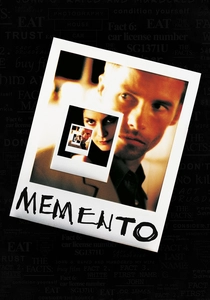
Memento (2000)
Description: Told in reverse chronological order, this film explores the unreliable nature of memory and identity through the eyes of a man with anterograde amnesia. It's a narrative puzzle that keeps viewers engaged in piecing together the truth.
Fact: The film was shot in two separate timelines, one in color and one in black and white, to differentiate between the two narrative threads.
 30 Days Free
30 Days Free
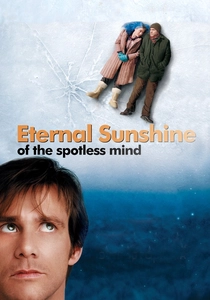
Eternal Sunshine of the Spotless Mind (2004)
Description: This film examines the ethics of memory erasure and the human desire to forget painful experiences, ultimately celebrating the beauty of love and memory despite its pain.
Fact: The film's title is derived from a poem by Alexander Pope, and the script was written by Charlie Kaufman, known for his unconventional storytelling.
 30 Days Free
30 Days Free


